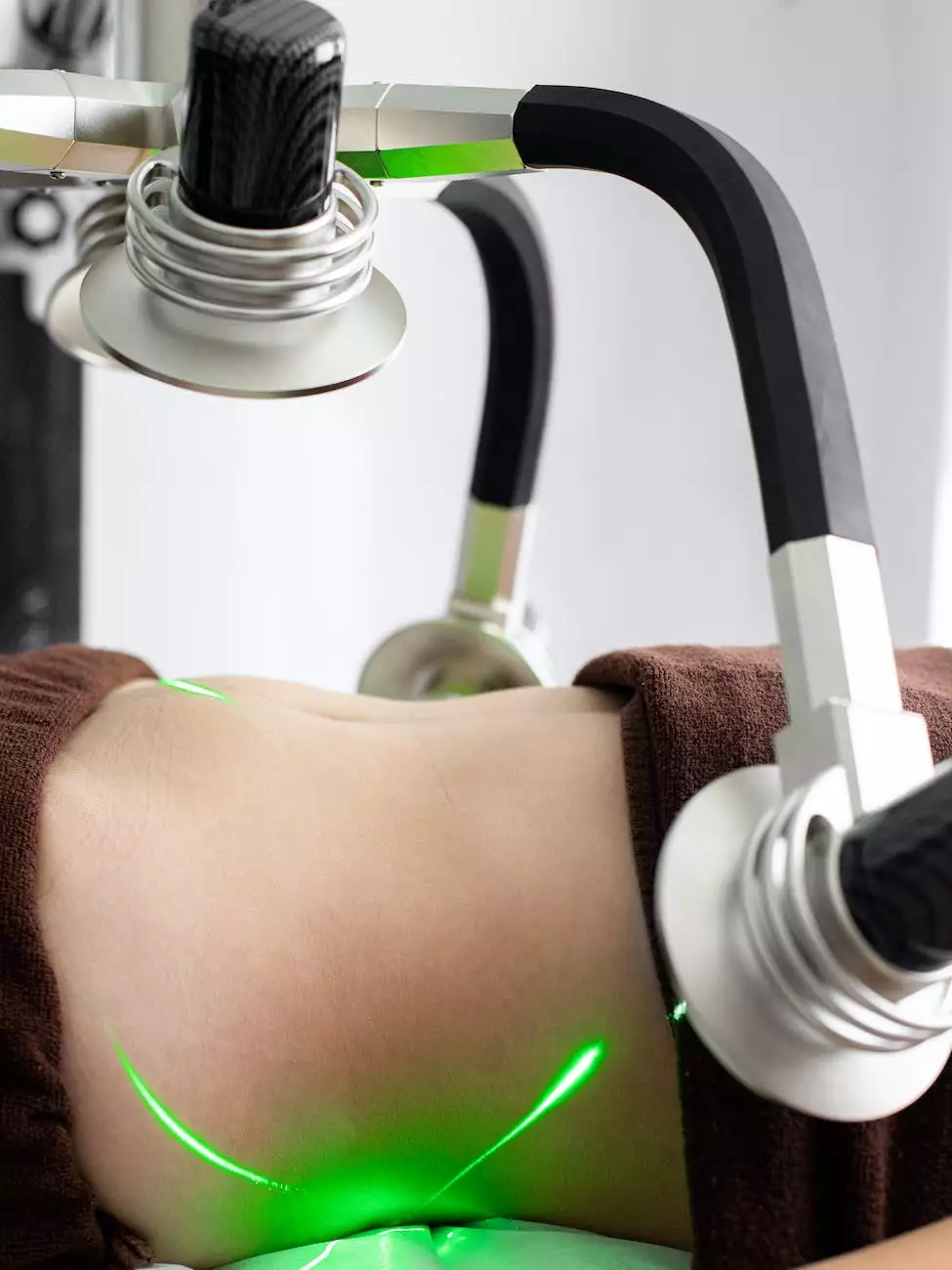Does Caffeine Burn Fat?
Blog
Understanding the Relationship Between Caffeine and Fat Burning
When it comes to weight loss and fat burning, many individuals are constantly seeking natural and effective ways to enhance their efforts. One popular discussion point revolves around the role of caffeine in promoting fat burning during exercise. In this in-depth guide, we will delve into the science and explore whether caffeine can indeed help you burn fat faster.
The Mechanism Behind Caffeine's Fat-Burning Potentials
Caffeine, a natural compound found in various plant sources, has been widely studied for its stimulating effects on the central nervous system. One key aspect that makes caffeine unique is its ability to increase metabolism and potentially enhance fat oxidation.
When consumed, caffeine stimulates the body's production of epinephrine and norepinephrine, both known as stress hormones. These hormones activate the release of stored fats from adipose tissue into the bloodstream, making them available as fuel during physical activity.
The Benefits of Caffeine Before Exercise
Research suggests that consuming caffeine prior to exercise can offer several benefits when it comes to fat burning. Here are some potential advantages:
1. Increased Metabolic Rate
Caffeine has been shown to temporarily increase the body's metabolic rate, resulting in additional calories burned throughout the day. This heightened calorie burn may contribute to overall fat loss when combined with regular exercise and a balanced diet.
2. Enhanced Fat Oxidation
Studies have also demonstrated that caffeine can enhance fat oxidation during exercise. This means that your body may utilize fat as a primary fuel source, potentially leading to improved fat burning and weight loss over time.
3. Enhanced Performance
Caffeine can significantly improve physical performance by reducing perceived exertion, delaying fatigue, and increasing endurance. By feeling less fatigued during workouts, you may be able to maintain higher exercise intensity for longer periods, further promoting fat burning.
The Risks and Considerations
While there may be potential benefits to consuming caffeine before exercise, it is essential to consider potential risks and individual sensitivities. Here are some important points to bear in mind:
1. Individual Tolerance
Individual responses to caffeine can vary widely. Some people may experience negative side effects, such as increased heart rate, jitters, or insomnia. It is crucial to assess your personal tolerance and adjust your caffeine intake accordingly.
2. Dehydration
Caffeine is a diuretic, which means it increases urine output and can potentially contribute to dehydration. It is crucial to balance caffeine consumption with adequate fluid intake to maintain hydration levels during exercise.
3. Sleep Disruptions
Caffeine has a half-life of around 5-6 hours, meaning it can stay in your system for a significant amount of time. Consuming caffeine too late in the day may interfere with your sleep quality, which is an important factor for overall well-being and weight management.
Conclusion
In conclusion, caffeine has the potential to support fat burning during exercise by increasing metabolic rate, enhancing fat oxidation, and improving performance. However, individual sensitivities, dehydration risks, and sleep disruptions should be carefully considered.
If you are considering incorporating caffeine into your fitness routine, it is advisable to consult with a healthcare professional or a qualified nutritionist to ensure it aligns with your overall health goals and needs. Thrive Rolfing, your trusted source for alternative and natural medicine, can provide guidance and assistance on incorporating caffeine into your weight loss journey. Start your journey towards a healthier you today!




